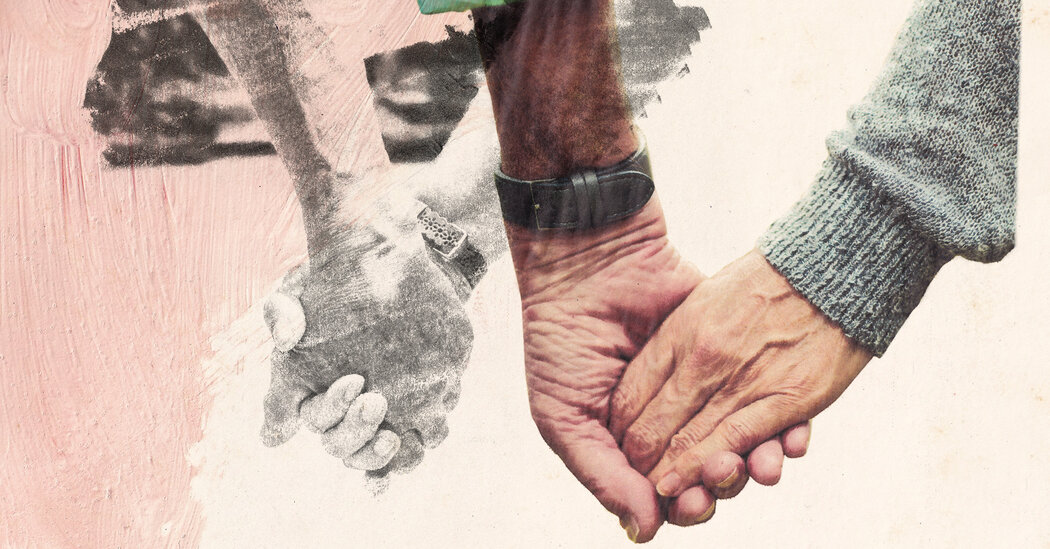“The Golden Bachelorette” offers a glimpse at how dating changes after losing the love of your life. This is what it’s really like.
Four months after her husband of 30 years died in 2012, Kathryn Shephard Cowan went on a date to the symphony with a man who seemed perfectly nice.
In hindsight, Ms. Shephard Cowan, who is 81 and lives in Santa Cruz, Calif., isn’t entirely sure why she thought she was ready to try dating, why she felt so compelled to move on. “You can do it,” she had told herself before the outing. “You can do it.”
What she didn’t anticipate was that hearing Beethoven — her husband’s favorite composer — would cause her to completely shut down, making a connection with her date virtually impossible.
“I was just torn apart emotionally,” Ms. Shephard Cowan said.
There are more than 11 million widows and 3 million widowers in the United States; like Ms. Shephard Cowan, most are 65 or older. And many are grieving a longtime partner while attempting to navigate the dating scene for the first time in decades. They may also be struggling to determine how soon to move on — by their own standards, and by society’s.
It is a tricky dance, said Sherry Cormier, a psychologist and trauma bereavement specialist, whose husband died when she was 61.
“Even when we do date or re-partner,” Dr. Cormier said, “and even when we’ve done a lot of work in processing our grief, it does not mean our grief is ‘over.’”
